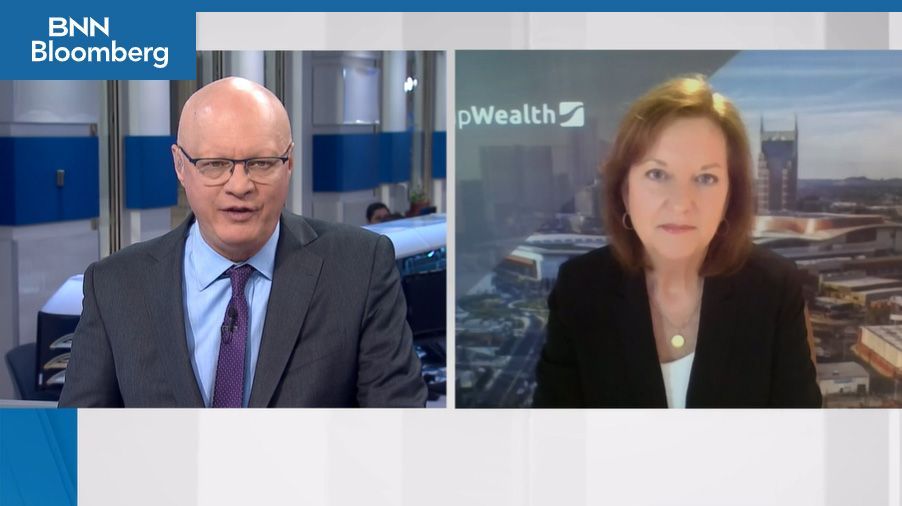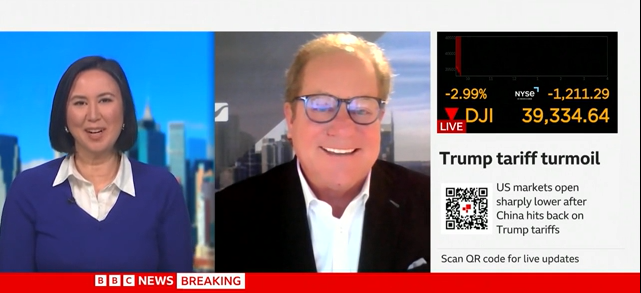7 Tips for Year's End that Can Mean Big Tax Savings
November 14, 2014
Just because taxes are inevitable doesn't mean your only role in them is passive observer. In fact, if you make some smart moves in managing your finances between now and the end of the year, you could significantly lighten your tax burden. Here are some tips to get you started.
1. Give to yourself.
Not only are tax-deferred retirement accounts such as 401(k) and IRAs among the wisest investment vehicles, but the money you contribute to them is excluded from your taxable income. For 2014, you can contribute up to $17,500 to your 401(k), 403(b) or similar workplace plans, $23,000 if you're 50 or older, and the deadline is Dec. 31. As for IRAs, you have until April 15, 2015, to make a 2014 tax-deductible contribution of up to $5,500 ($6,500 more if you're 50 or older). Simplified Employee Pension (SEP) plans and Health Savings Accounts (HSAs) are two other tax-advantaged contribution possibilities, each with an April 15, 2015, deadline.
2. Give to charity.
To earn tax deductions while helping a worthy cause, consider donating to a charity. Every organization appreciates cash, but used clothes, toys, books, electronics, furniture and even cars (special rules apply) can all be deducted from your tax bill. Be sure to keep a receipt for everything. If you plan to give really big, consider giving appreciated stock or mutual fund shares that you've owned longer than a year. Your tax deduction will be the fair market value of the securities on the date of the gift and you won't have to pay tax on your gains! You can also make a contribution directly to an educational institution and pay no gift tax.
3. Give to others.
You can give up to $14,000 to as many people as you like before Dec. 31 without filing a gift tax return (married couples can give up to $28,000 per recipient). These gifts don't qualify as a deduction but can help reduce the amount of your estate and cut down on federal gift and estate taxes. Contributions to a child's education in the form a 529 plan often can achieve similar goals.
4. Employ deductive reasoning.
In addition to charitable contributions, plan other deductions to lower your tax bill. You may want to pay your January 2015 mortgage, next year's property taxes, accelerate payments for medical services or purchase work-related items such as uniforms for which you're not reimbursed.
If you expect your income to decrease next year — because you retire, for instance — deductions could be even more valuable this year due to a higher tax bracket. By the same logic, if you expect your income to rise next year, you may want to defer your gifts, donations and other itemized deductions until next year when you'll need them even more.
Importantly, be aware that increasing your tax deductions only makes sense if they add up to more than $6,200 if you're single, $12,400 if you're married filing jointly and $9,100 if you're single with dependents. These are the standard deductions that we all get from the IRS anyway. Also, since 2013 some higher-income taxpayers may find the amount of their itemized deductions has been reduced.
5. Spend.
Ironically, there are a few ways to save money by spending money. Employer-offered health savings accounts (HSAs) and flexible spending accounts (FSAs) are two of these. While there are important differences between the two, including eligibility, contribution limits and if and how much funds can be carried over year to year, both allow you to sock away pre-tax dollars for future qualified expenditures. If you have an HSA or FSA, read up on these details and then use the funds in them to purchase in a tax-advantaged way what you would have purchased anyway before the Dec. 31 (or grace period) deadline.
6. Play the brackets.
If your income before the end of the year will push you into a higher tax bracket, then ask your boss to hold your bonus until January. For the self-employed, postpone billing for year-end jobs until next year. Wait till next year to sell assets that produce a capital gain. If you expect to be in a higher tax bracket next year, rather than defer income you may want to accelerate income into this year while your tax rate is lower.
7. Make the most of losing.
If you have capital gains outside of your retirement accounts, you may be able to "harvest losses" by selling losing investments to offset (up to $3,000 in ordinary income) your gains. You can't use the loss write-off if you purchase the same investment 30 days before or after the loss sale.
When it comes to taxes, you want to be fully informed. Consult your tax adviser and visit www.irs.gov .
Phoebe Venable, chartered financial analyst, is President & COO of CapWealth Advisors LLC. Her column on women, families and building wealth appears each Saturday in The Tennessean.













